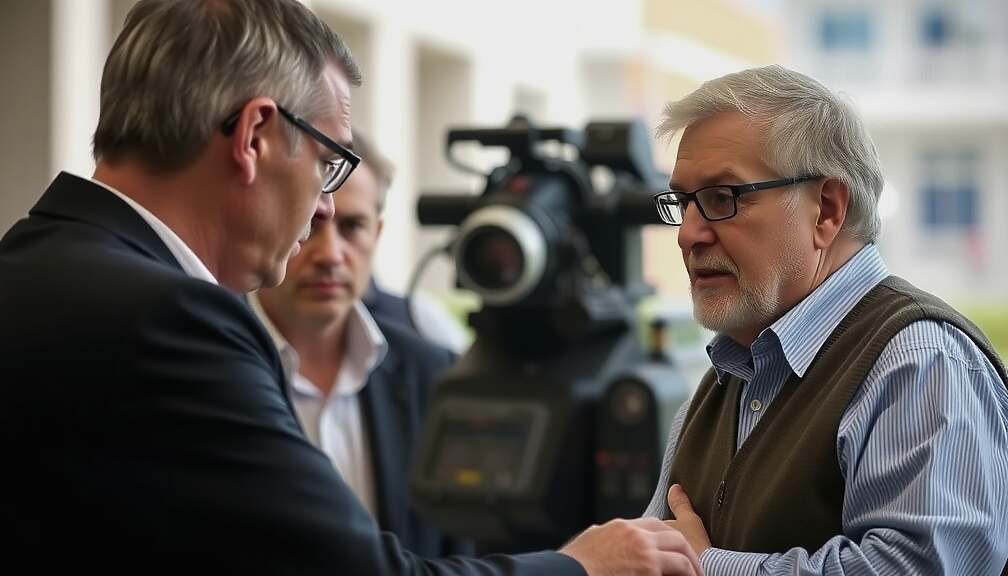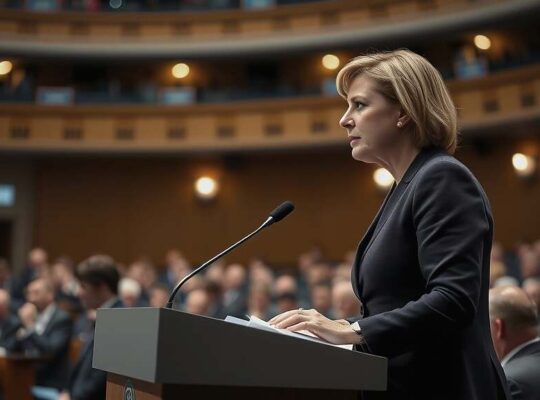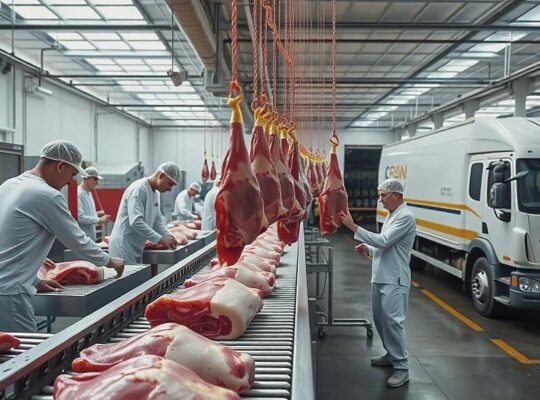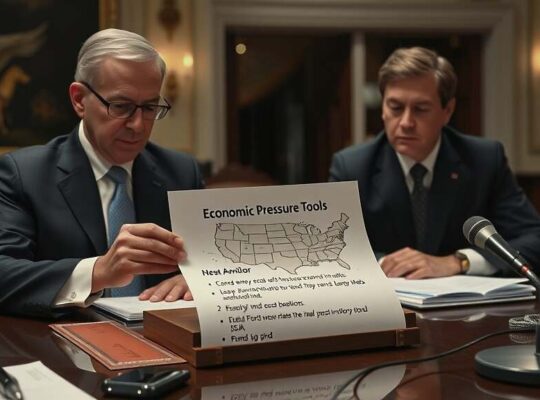Concerns are mounting over potential shifts in Germany’s energy transition policy, as signaled by recent announcements from Economics Minister Katharina Reiche (CDU). The Ifo Institute and the energy industry have cautioned against prioritizing natural gas over wind and solar power, warning of potential negative consequences for both electricity prices and the achievement of climate targets.
Karin Pittel, energy expert at the Ifo Institute, told the “Neue Osnabrücker Zeitung” that relying on gas for electricity generation is currently among the most expensive options. Reducing its usage in normal operation could positively impact wholesale energy prices and diverting investment away from renewables to bolster gas infrastructure risks undermining long-term cost savings.
The German Association of Energy and Water Industries (BDEW) echoed these concerns, stating that any reorientation of policy must not impede the critical expansion of grid infrastructure. BDEW CEO Kerstin Andreae warned against delays and cautioned about the potential for negative repercussions arising from the imposition of network expansion costs onto renewable energy producers.
Andreae further emphasized that increasing fees for feeding electricity into the grid could hinder future renewable energy investments and disadvantage domestic producers within European electricity markets. Doubts were raised about the effectiveness of one-off construction subsidies to renewable facilities, questioning whether they would achieve the intended effect and calling for thorough examination before implementation.
Minister Reiche has recently indicated a plan to involve renewable energy producers in the costs of grid expansion. Simultaneously, the ministry, under her leadership, has commissioned a monitoring report from the business-affiliated consultancy BET, which could trigger a strategic realignment of the energy transition if projections of future electricity demand are revised downwards.
Ifo expert Pittel anticipates lower demand forecasts, citing the slower-than-expected rollout of electric vehicles and heat pumps, along with broader economic weakness. Lower demand could lead to cost savings and a more accurate assessment of required gas capacity. Pittel stressed, however, that measures should be taken with careful consideration to avoid hindering the transformation of other sectors.
Pittel also criticized the decision to task only a single institute with recalculating demand projections, suggesting that employing two institutions would have mitigated concerns about potential bias. She argued that the relatively modest expense would have been justified given the significant financial implications of the findings and their impact on the energy transition.
BDEW CEO Andreae underscored the importance of consistent policy frameworks for encouraging sustainable investment in new technologies and infrastructure. She stated that clarity, long-term reliability and appropriate regulatory instruments are essential for fostering such investment and urged policymakers to ensure stability and avoid recurring shifts in direction.












